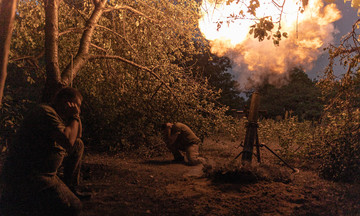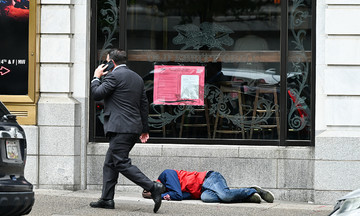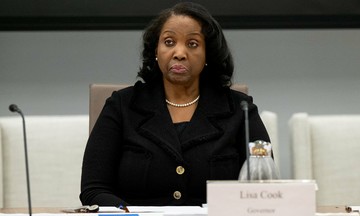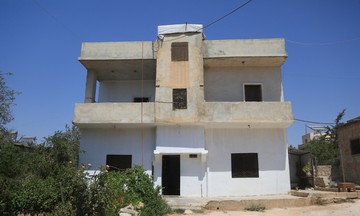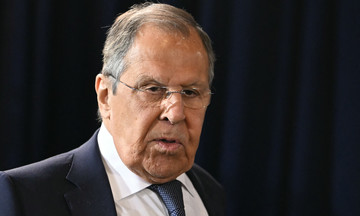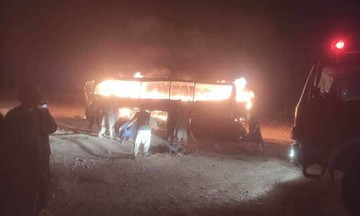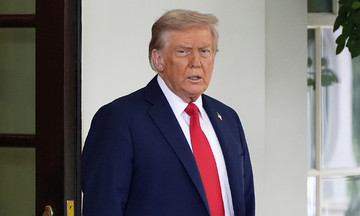For Marylin Alvarez and many other Cubans, the question is no longer "if" the power will go out, but "when." This predicament forces residents to find alternative solutions for their daily needs.
"The power cuts are quite severe, coupled with the gas shortage. I have to find every way to cope," Alvarez, 50, a beautician in Havana, told AP. "We just try our best."
The Electric Union of Cuba (UNE) announced on 22/5 that the country is experiencing a severe electricity deficit, causing widespread blackouts. UNE’s official report stated that the national power output reached only 1,810 MW, falling short of the 2,940 MW typically required.
The UNE explained that the power shortage is due to the deterioration of Cuba's power grid after decades of use, combined with a shortage of fuel for thermal power plants.
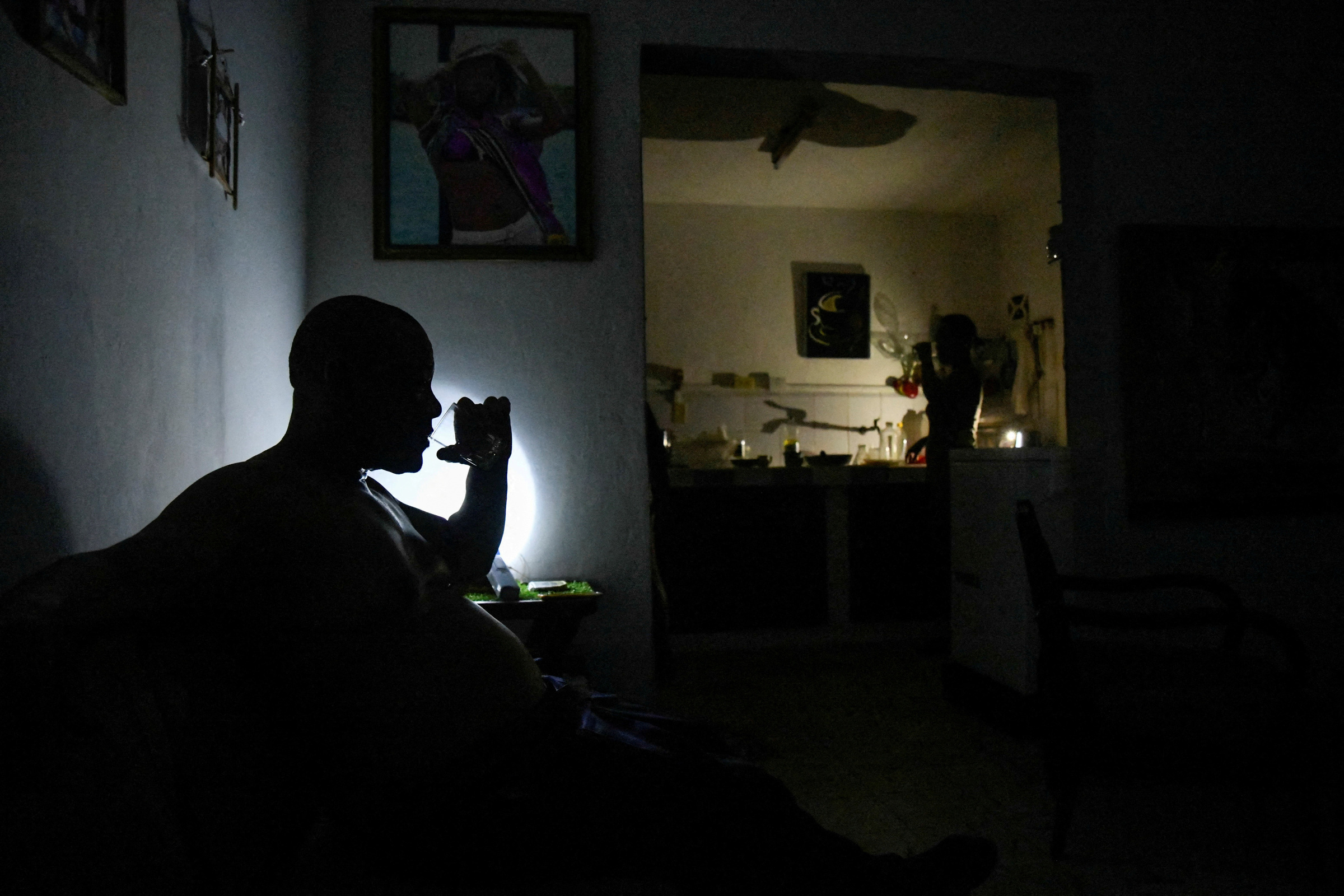 |
A Cuban man sits in his home during a power outage in August 2024. Photo: Reuters |
A Cuban man sits in his home during a power outage in August 2024. Photo: Reuters
44 thermal power plants with a total capacity of 291 MW have been shut down due to fuel issues. The oil shortage has also impacted generators, resulting in a total power shortfall of 460 MW. Some thermal power plants in Cuba are also nearing their maintenance period and have to be taken offline.
The decline in thermal power generation has left Cuba’s 12 solar power plants unable to meet the demand. Their total capacity is currently 1,369 MWh. This has forced the Havana Electric Company to announce rolling blackouts in the capital, sometimes lasting from 10 a.m. to midnight.
The energy shortage has been ongoing for months, stemming from Cuba's difficulties with financial transactions and energy imports due to the US embargo. A Cuban government report indicated that from November 2024, over 99,000 households in Havana, Artemisa, and Mayabeque would be without cooking gas due to import restrictions. Approximately 735,000 customers in other areas face similar situations.
Since cooking gas supplies were halted in December 2024, Alvarez's family switched to electric stoves. However, with the recent frequent power outages, this solution has become impractical. Amidst the dual shortages of electricity and gas, many Cuban families are turning to charcoal stoves.
Cuban President Miguel Diaz-Canel acknowledged that frequent power outages are among the biggest challenges facing his government. In the past 8 months, Cuba has experienced four widespread blackouts.
Diaz-Canel stated that electricity demand in Cuba increased from 2,580 MW in March to 3,050 MW in May, while supply only saw a modest increase from 1,790 MW to 1,900 MW during the same period.
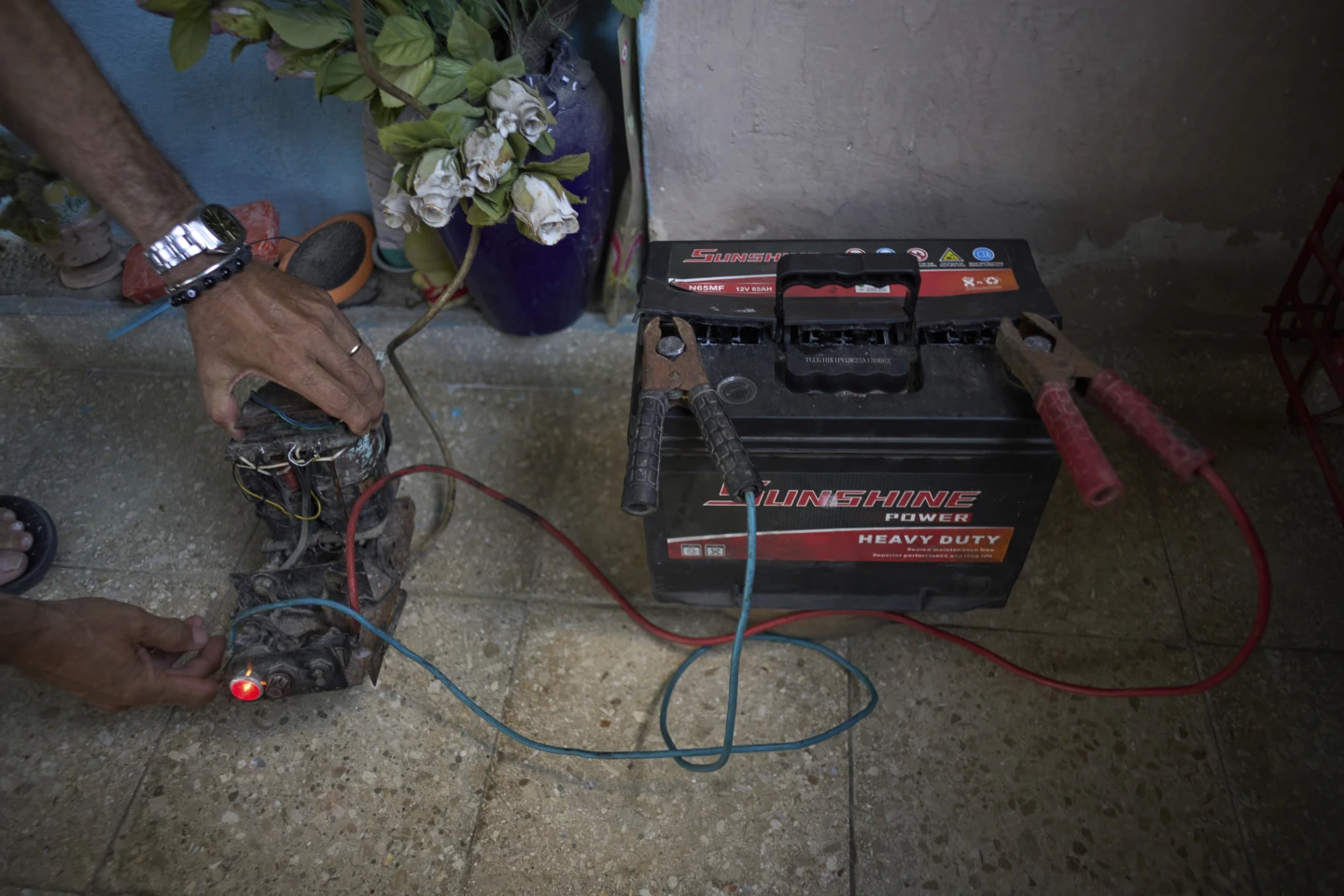 |
A resident in the Bahia neighborhood of Havana charges a battery using a converter from an old TV in anticipation of a power outage on 26/5. Photo: AP |
A resident in the Bahia neighborhood of Havana charges a battery using a converter from an old TV in anticipation of a power outage on 26/5. Photo: AP
The Cuban government has proposed solutions such as increasing solar energy installations and repairing generators with foreign assistance.
While waiting for long-term solutions, Cubans continue to find resourceful ways to cope. Edinector Vazquez, 45, a blacksmith in the outskirts of Havana, has been busy serving a growing number of customers, including low-income families.
Vazquez crafts charcoal stoves from scrap metal, selling them for about 18 USD, roughly equivalent to a month's salary for a public employee in Cuba. However, he offers discounts for those struggling financially.
Natividad Hernandez, with more financial resources, invested in solar panels. However, her budget doesn't allow for batteries, limiting her to daytime use of this energy source.
Last year, the Cuban government reported providing assistance to approximately 189,000 families and 350,000 "vulnerable" individuals to stabilize livelihoods, living standards, and well-being.
Over 162,000 families received food supplies, while another 17,000 received stoves or food storage units in a program to "directly support families and ensure their basic needs are met."
The Cuban government also provides social services for those in particularly difficult circumstances, such as mothers with disabled children. Officials also offer support services at nursing homes, orphanages, and social welfare centers.
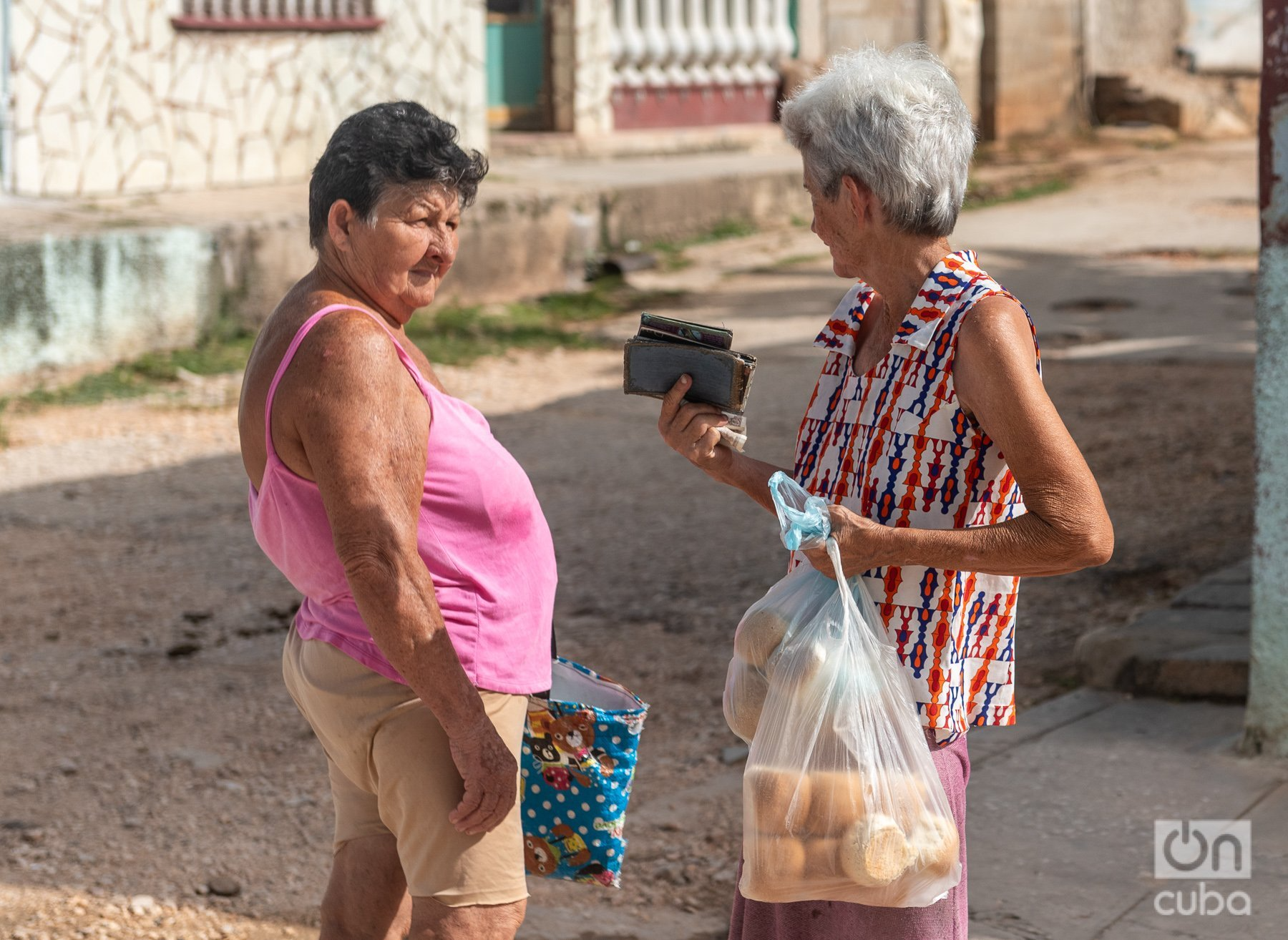 |
Two Cuban women in Gibara, Holguin province. Photo: Kaloian |
Two Cuban women in Gibara, Holguin province. Photo: Kaloian
Cuban Minister of Economy and Planning Joaquin Alonso Vazquez reported last month that the country's GDP in 2024 decreased by 1.1%, slightly better than the 1.9% decline in 2023. High inflation, although showing signs of easing, is projected at around 25-30% for this year. Minister Vazquez also predicted a possible 1% GDP growth this year, driven by efforts to recover production, exports, and services.
Regarding investment plans, Vazquez said the government will focus on areas such as food production, water programs, biopesticide production, telecommunications, and sectors with national economic impact.
The US has maintained a long-standing embargo against Cuba but significantly eased it during Joe Biden's presidency. However, according to Cuban government data, between March 2023 and February 2024 alone, the US embargo caused estimated material damage exceeding 5 billion USD, bringing the total damage to hundreds of billions of USD over six decades.
After assuming his second term, US President Donald Trump signed an executive order reinstating the full embargo against Cuba, reversing the Biden-era policy and seeking to increase pressure on Havana with new sanctions.
The Cuban government rejects US accusations that it poses a national security threat to Washington or violates human rights. Cuban Foreign Minister Bruno Rodriguez Parrilla in June called Trump's decree an "act of intensifying the economic siege against the entire Cuban people," calling it the main obstacle to Cuba's development.
Ngoc Anh (Granma, Cuban News Agency, AP, Politico)



